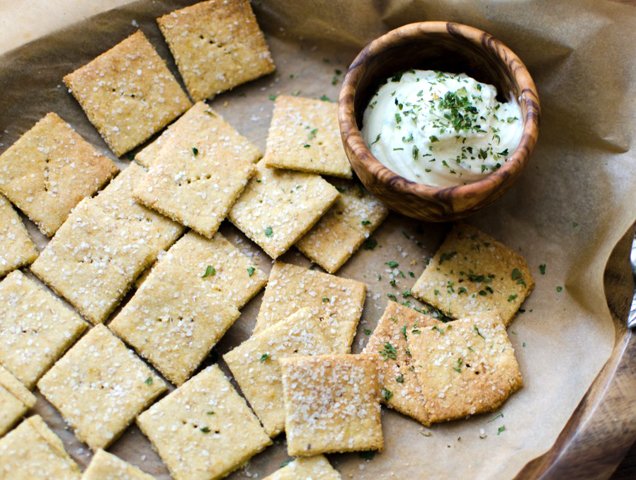It’s hard to get around the fact that nutritional yeast sounds pretty unappetizing, but if you follow healthy social media influencers, you’re likely seeing their stories peppered with salads, smoothies, chickpea pasta, veggies and even popcorn topped off with nutritional yeast. And it’s not just because these golden flakes are healthy. Vegans have long used nutritional yeast…




